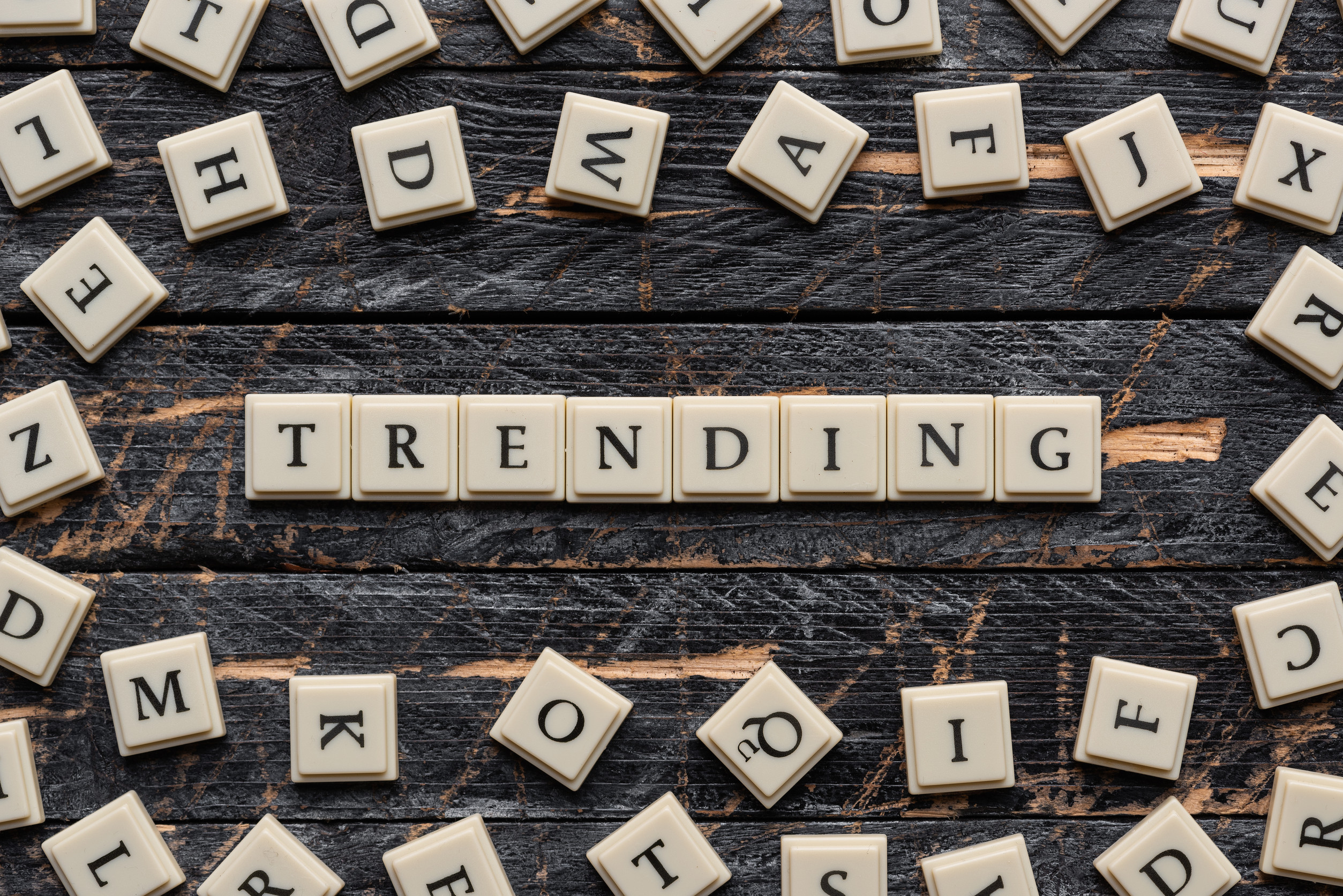In today’s fast-paced digital world, it feels like trends come and go before we’ve even had a chance to decide whether we like them. From fashion fads to lifestyle choices to technological habits, the pace of change has accelerated—and not always for the better. Some things we swear by today may feel downright strange a decade from now, much like low-rise jeans and MySpace did for millennials.
While we can’t predict the future with certainty, we can look at what’s happening now and wonder if some of it will stand the test of time.
Ultra-Fast Fashion
The popularity of ultra-fast fashion is undeniably tied to our appetite for instant gratification. Brands churn out new styles weekly, sometimes daily, encouraging constant consumption and a disposable attitude toward clothing. What often gets overlooked is the massive environmental toll and the questionable labor practices behind the scenes.
As sustainability becomes a more pressing issue, the glamour of a $5 dress may quickly lose its shine. It’s likely that future generations will look back on our fashion hauls with disbelief, wondering why we embraced such wasteful excess.
Influencer Culture as a Career Path
There’s no denying that influencers have carved out a legitimate space in the economy, with some even becoming household names. But building a career based solely on curated lifestyles and brand partnerships may not be a stable long-term strategy.
The internet is fickle, and algorithms change, often rendering once-popular creators irrelevant overnight. As audiences become savvier and crave authenticity, the glamor of filtered perfection might give way to skepticism and fatigue. A decade from now, “influencer” might sound as outdated as “Vine star.”
Over-Sharing on Social Media
Social media platforms have given people unprecedented opportunities to share their lives with the world. But the trend of broadcasting every meal, vacation, and emotional breakdown may not age well in a more privacy-conscious future. What feels like “relatable” content today could come back to haunt people personally or professionally down the line.
As digital footprints become harder to erase, many might regret trading privacy for likes and attention. We may soon see a cultural shift that values discretion over digital documentation.
Obsession with Hustle Culture
The “grind” mentality has become a badge of honor for many, glorifying long hours and burnout as indicators of ambition. While hard work is admirable, the idea that constant productivity is the only path to success can be both toxic and unsustainable. More people are starting to question whether this relentless drive actually leads to happiness or just exhaustion.
In time, hustle culture might be viewed as a symptom of deeper societal pressures rather than a noble pursuit. The glorification of busyness could eventually be replaced by a new appreciation for balance and mental well-being.
AI-Generated Everything
From art to music to customer service chats, artificial intelligence has begun replacing human input at an astonishing rate. While the technology is undeniably impressive, the trend of leaning so heavily on AI for creative and emotional labor might not age well. There’s a growing concern that convenience is coming at the cost of authenticity and human connection.
Future societies may look back at this era as one that blurred the line between real and artificial in unsettling ways. A backlash could spark a renewed appreciation for uniquely human skills and experiences.
Minimalist Aesthetic as a Personality
The clean lines, neutral palettes, and “less is more” lifestyle have become almost aspirational in many circles. But the minimalist aesthetic often feels more like a performative trend than a meaningful philosophy. Stripping life down to beige furniture and capsule wardrobes may eventually feel cold or even joyless to future observers.
Personal expression could come back into fashion in a big way, with vibrant color and cluttered individuality taking center stage. What we currently consider elegant might one day seem oddly sterile and impersonal.
Virtual Relationships Over Real Connection
As technology enables more digital interactions—from dating apps to virtual friend groups—some are beginning to substitute real-life connection for convenience. While these tools offer incredible access and opportunity, they can also create a sense of emotional distance. Relying too heavily on screens for relationships may ultimately leave people feeling more isolated than connected.
The trend of prioritizing digital touchpoints over physical presence might not age well as emotional depth comes back into focus. Future generations may look at our era and wonder how we mistook constant communication for true intimacy.
Trends Will Change And We Should Be Ready
As with any trend, time is the true test of its value and longevity. Some of today’s most beloved habits and beliefs may look very different in the rearview mirror.
Do you agree with these picks—or do you think there are other trends destined for the same fate? What is something that you do today that you will try to forget about in the future?
Read More
8 Trends Millennials Are Embracing That Boomers Regret Dismissing
7 TikTok Trends That Can Actually Turn Into Full-Time Jobs



Leave a Reply